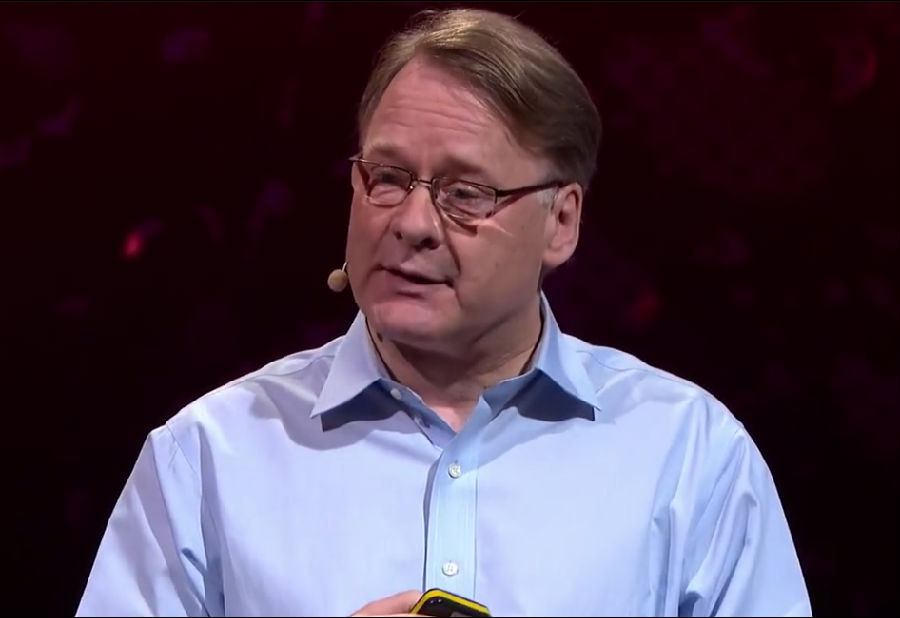This beautiful building is part of the Shitennoji Temple Complex in Osaka, Japan.
这栋美丽的建筑是日本大阪四天王寺寺庙的一部分
In fact, it's one of the oldest temples in Japan.
事实上它是日本最老的建筑之一
It was built by a Korean artisan, because at the time, Japan was not yet building temples.
它由一个韩国工匠修建,因为在那时日本还不会修建寺庙
And this Korean artisan went on to found a temple-building company.
这个韩国工匠创建了一个修建寺庙的公司
Amazingly, his company, Kongo Gumi, was still around 1,428 years later.
十分神奇的是,他的公司Kongo Gumi在1480年后仍然存在
In fact, it became the oldest continuously operating company in the world.
实际上,它成为了世界上持续经营的最古老的公司

So how is Kongo Gumi doing today? Not too well, I'm afraid.
Kongo Gumi现在怎么样了呢?恐怕不是很好
It borrowed very heavily during the bubble period of the Japanese economy, to invest in real estate.
在日本经济泡沫时期借了很重的债来投资房地产
And when the bubble burst, it couldn't refinance its loans.
当经济泡沫破裂时,它不能偿还债务
The company failed, and it was taken over by a major construction company.
公司破产了,被一所主流建筑公司收购
Tragically, after 40 generations of very careful stewardship by the Kongo family,
可悲的是,在Kongo家族40代的苦心经营之后
Kongo Gumi succumbed to a spectacular lapse in the ability to apply a principle of prudence.
Kongo Gumi最终屈服于在精准运营上的巨大失败
Speaking of company failures: we're all familiar with the failure of Kodak,
讲到公司倒闭,我们都熟悉柯达公司的失败
the company that declared bankruptcy in January 2012.
柯达在2012年一月宣布破产
Much more interesting, however, is the question:
然而更为有趣的是:
Why did Fujifilm -- same product, same pressures from digital technology, same time
为什么富士胶片--同样的产品,相同的数码科技界的压力,同样的时间段--
why was Fujifilm able to survive and flourish?
为什么富士胶片能够存活下来,并且欣欣向荣?



